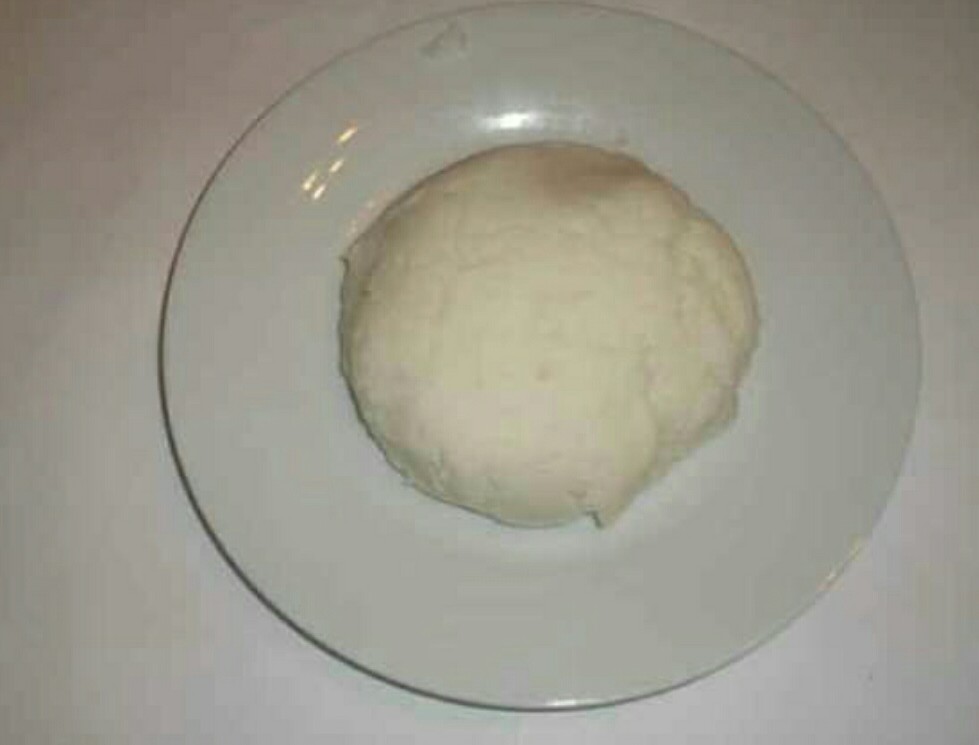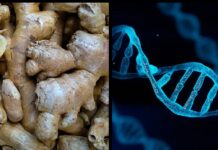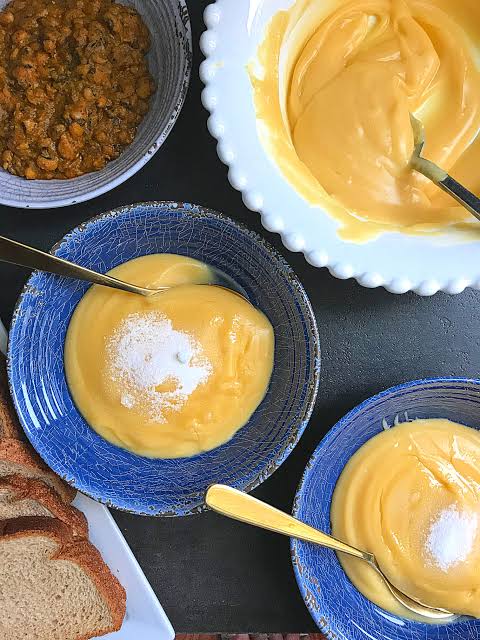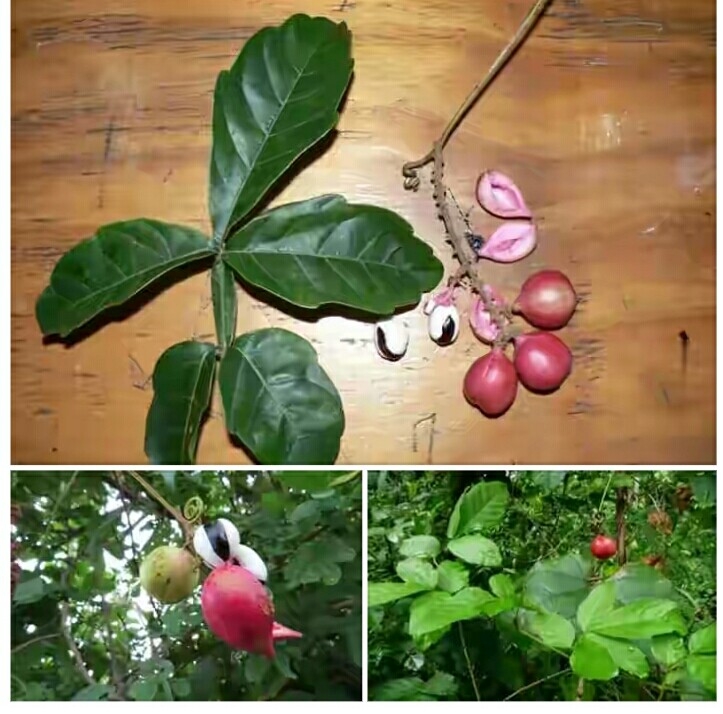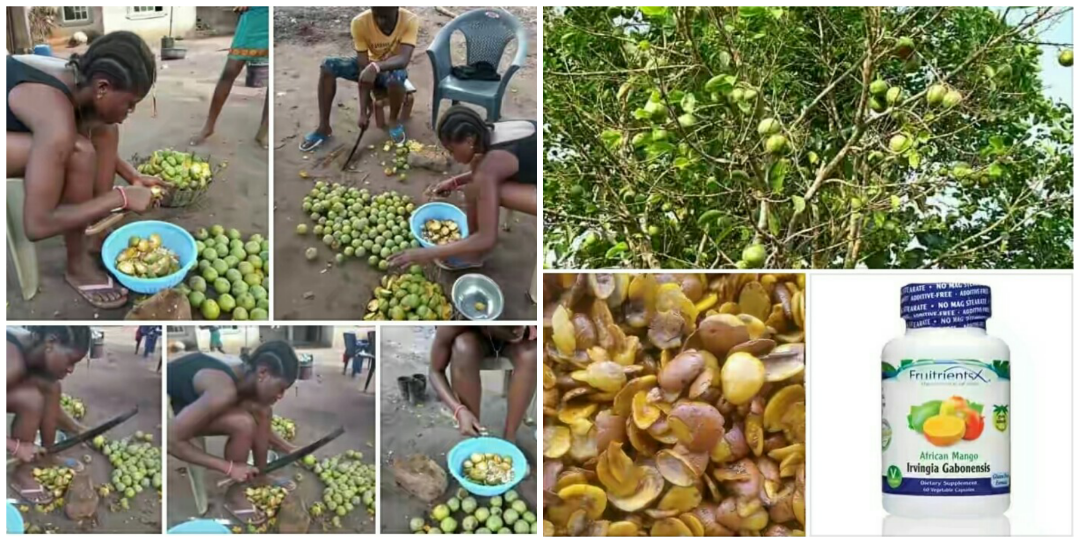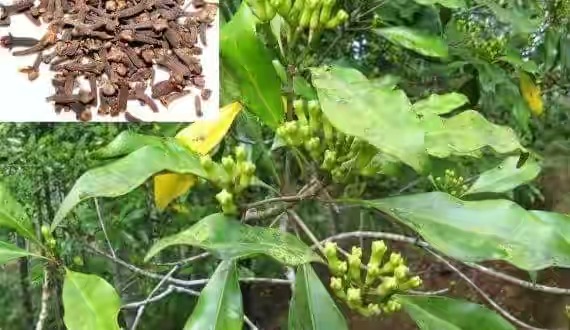Paullinia pinnata L. (Botanical name) or Barbasco, Bread and cheese, Supple jack, Timbo (English) or Fùrán ámáryáá, Kanakana (Hausa) or Kaka chinla, Bobo awiya (Yoruba): A useful medicinal plant of West Africa
DESCRIPTION AND OCCURRENCE: A woody or sub-woody climber of damp sites and stream-banks of the forest and jungle regrowth in the savanna zone; originally of tropical America and now naturalised and common throughout West Africa, except the driest, of tropical Africa. The plant can be found in S. America – Argentina, Paraguay, Bolivia, Peru, north to the Caribbean and Central America. Tropical Africa – Senegal to Sudan, south to Zimbabwe.
USES/HEALTH BENEFITS OF PAULLINIA PINNATA
Very occasionally, the plant is cultivated for the edible sweet arils and for the leaves which are cooked as vegetable. P. pinnata leaves and roots are used in traditional medicine in the treatment of erectile dysfunction, malaria and dysentery. P. pinnata leaves are also used in the treatment of pathologies such as: snake bite, rabies, mental disorders, eye disorders, blindness, abdominal pain. An infusion of the leaves is used to treat metabolic disorders in young children. Several studies including pharmacological and chemical studies have shown that P. pinnata L has an antimicrobial, dermatological, antiemetics, antiparasitic, antispasmodics and antimalarial properties. The anticonvulsant activity of the stem bark of P. pinnata has been demonstrated in some scientific investigations. For its aphrodisiac use, P. pinnata roots are often soaked in a mixture of water and alcohol. P. pinnata is found to contain no alkaloids but a triterpene saponin, a triterpene aglycone and a flavotannin. In 2006, Zamble and his collegaues demonstrated the vasodilatory activity of P. pinnata, and then it’s mechanism on the penis erection. Paullinia cupana, a very close species to P. pinnata, also called Guarana, is used in sweetened or carbonated soft drinks and energy shots, an ingredient of herbal teas or contained in capsules.
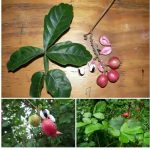
These are the thoughts of:
Sa’eed Halilu Bawa
Senior Lecturer (Associate Professor) at University of the West Indies, St. Augustine Campus, Trinidad.
Studied Food and Nutrition Sciences, Dietetics at Kaduna Polytechnic, Nigeria; Warsaw University of Life Sciences, Poland.














